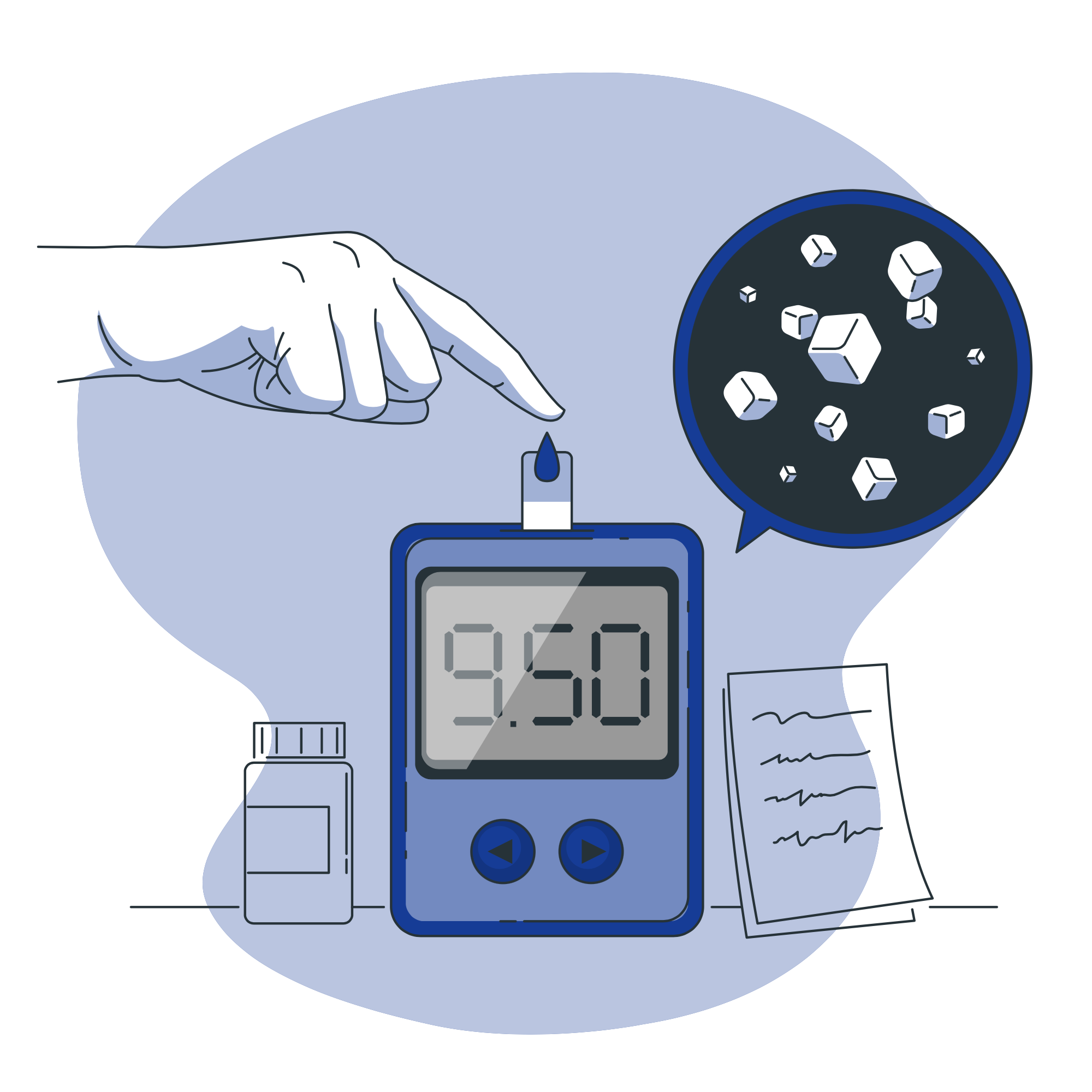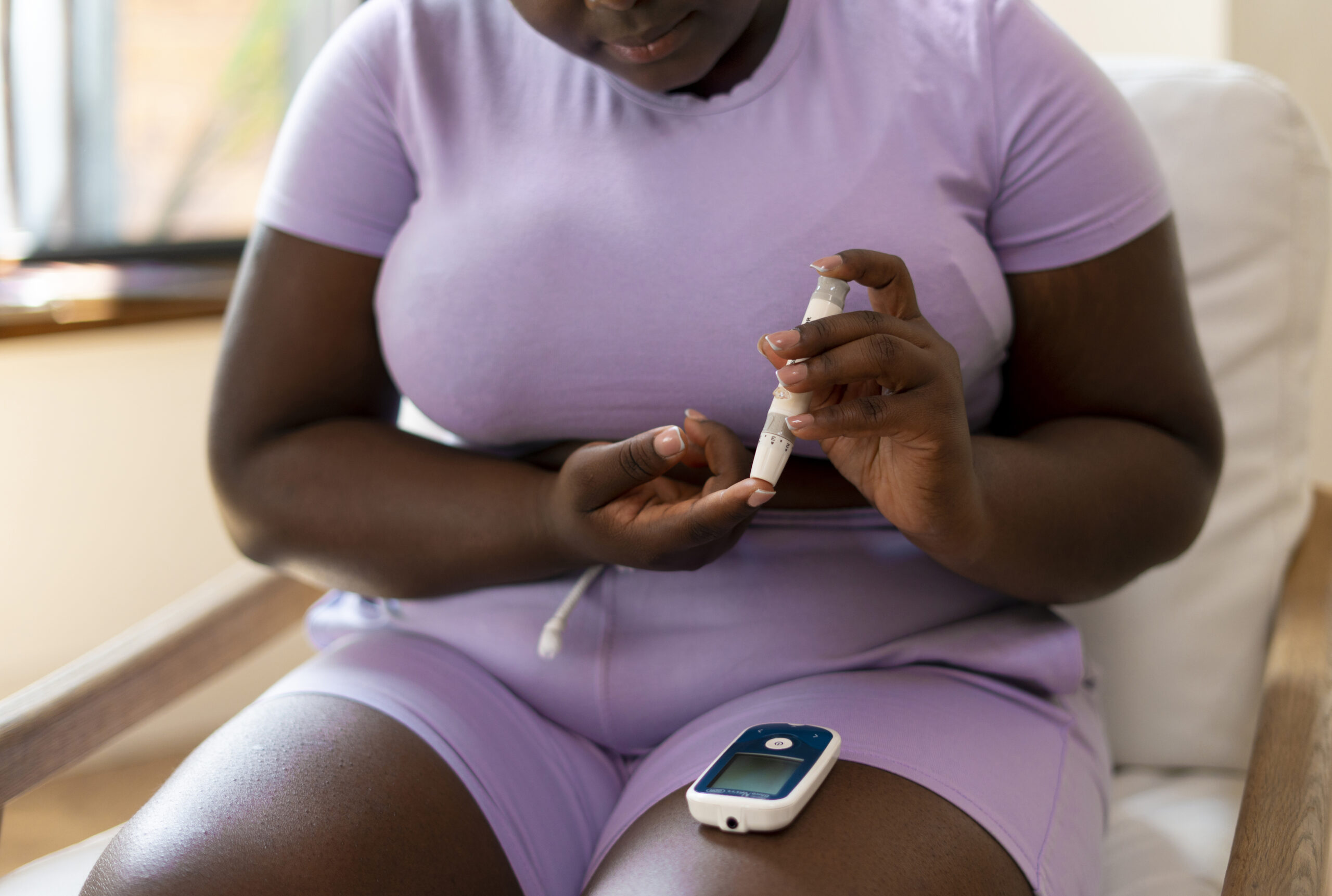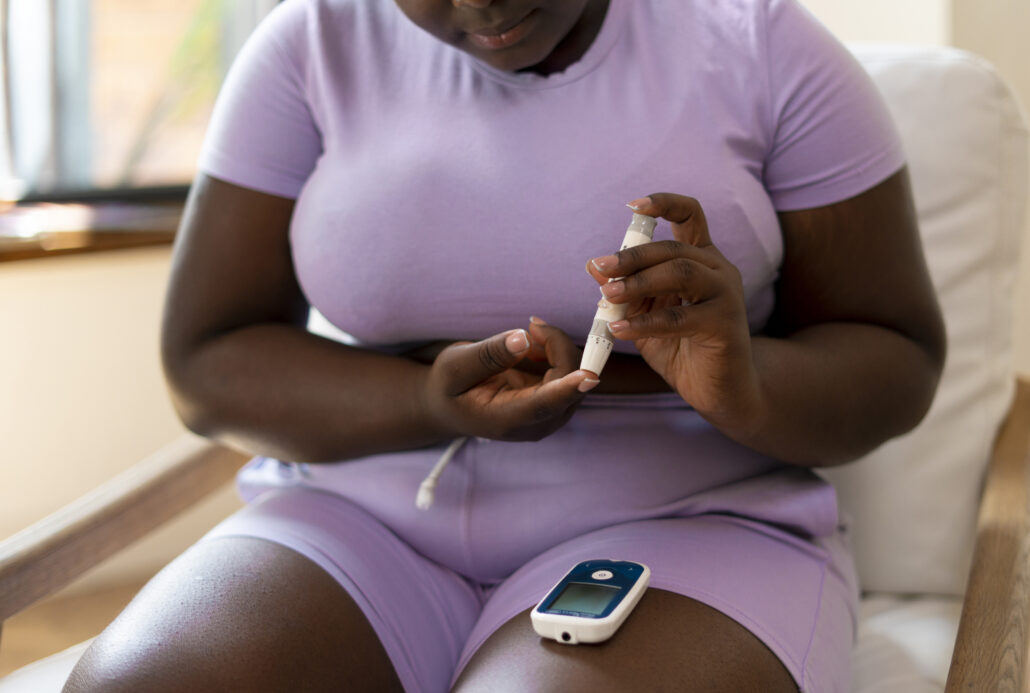Diabetic Foot Ulcer Research Study
Researchers at Axolotl Biolofix & Serena Group are studying if adding a special treatment called dehydrated human amnion membrane (dhAM) to regular care can help heal stubborn diabetic foot sores better than regular care alone.

Fast Facts

Diagnosed With Type 1 or 2 Diabetes

Have Had A Foot Ulcer For 4+ Weeks

Conducted in Miami, FL
Study Background
Scientists at Axolotl Biolofix & Serena Group are investigating whether incorporating a treatment known as dehydrated human amnion membrane (dhAM) into standard care improves the healing of persistent diabetic foot ulcers compared to standard care by itself.
Diabetic foot ulcers (DFUs) are a common and serious complication of diabetes, often leading to prolonged healing times and a heightened risk of infection or amputation. Despite advances in treatment, many DFUs remain nonhealing with standard care alone, highlighting the need for innovative approaches to improve outcomes. Dehydrated human amnion membrane (dhAM) has emerged as a promising treatment due to its anti-inflammatory, antimicrobial, and wound-healing properties. This study aims to evaluate two separate groups to determine whether combining dhAM with standard of care provides superior healing outcomes compared to standard of care alone for patients with nonhealing DFUs.
To achieve this goal, the study will involve up to 1,000 participants across ten study sites, with each site aiming to enroll approximately 100 participants. Eligible individuals will undergo a prescreening visit and, if enrolled, will attend weekly in-person visits over a 12-week treatment period to assess the progress of their DFU. Participants will be compensated $50 for each completed visit. By rigorously comparing the outcomes of the two treatment approaches, this study seeks to advance the understanding of effective DFU management and improve care for patients struggling with this challenging condition.
Join our compensated study today!

Study Background
Scientists at Axolotl Biolofix & Serena Group are investigating whether incorporating a treatment known as dehydrated human amnion membrane (dhAM) into standard care improves the healing of persistent diabetic foot ulcers compared to standard care by itself.

Diabetic foot ulcers (DFUs) are a common and serious complication of diabetes, often leading to prolonged healing times and a heightened risk of infection or amputation. Despite advances in treatment, many DFUs remain nonhealing with standard care alone, highlighting the need for innovative approaches to improve outcomes. Dehydrated human amnion membrane (dhAM) has emerged as a promising treatment due to its anti-inflammatory, antimicrobial, and wound-healing properties. This study aims to evaluate two separate groups to determine whether combining dhAM with standard of care provides superior healing outcomes compared to standard of care alone for patients with nonhealing DFUs.
To achieve this goal, the study will involve up to 1,000 participants across ten study sites, with each site aiming to enroll approximately 100 participants. Eligible individuals will undergo a prescreening visit and, if enrolled, will attend weekly in-person visits over a 12-week treatment period to assess the progress of their DFU. Participants will be compensated $50 for each completed visit. By rigorously comparing the outcomes of the two treatment approaches, this study seeks to advance the understanding of effective DFU management and improve care for patients struggling with this challenging condition.
Join our compensated study today!

Additional Information
This study is being done to determine if using a special treatment called dehydrated human amnion membrane (dhAM) alongside regular care can improve the healing of stubborn diabetic foot sores. The goal is to find more effective ways to treat these wounds and help patients recover faster.
You may qualify for this study if the following criteria is met.
Inclusion Criteria:
- Diagnosed with Type 1 or Type 2 Diabetes
- Have had a foot ulcer for longer than 4 weeks
- Ulcer is not infected
- Able to attend weekly study visits
Exclusion Criteria:
- Applied topical steroids to the ulcer surface within the past month
- Pregnant or planning to become pregnant within the next 6 months
- Currently taking immunosuppresants, chemotherapy, or on dialysis
If you participate in this study, here’s what you can expect:
Prescreening Visit:
- You will complete a prescreening appointment to determine if you are eligible for the study.
Enrollment:
- If you qualify, you will be enrolled as a participant in the study in one of the two groups.
Weekly Visits:
- You will attend weekly, in-person visits for 12 weeks during the treatment period to monitor the progress of your diabetic foot ulcer (DFU).
Site Locations:
- You will visit one of the ten study sites selected for participation.
Your participation will contribute to valuable research on improving treatments for diabetic foot ulcers.
For each visit you complete during the study, you will receive $50 as compensation.
There is no cost for you to participate in our research study.